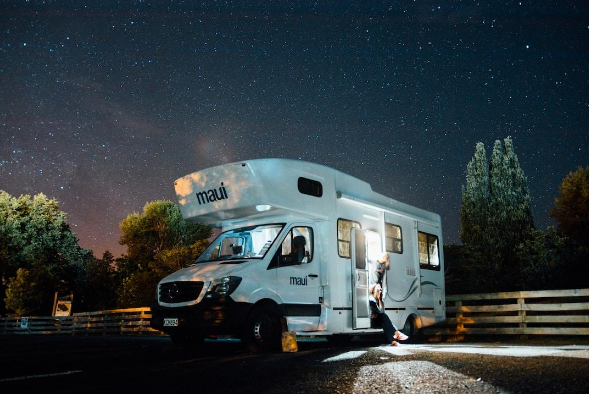The Ultimate Guide To Planning a Cross-Country RV Trip
Embarking on a cross-country RV trip is an exhilarating way to explore the vast landscapes and hidden gems of America. However, the preparation for such an adventure can be just as critical as the journey itself. To help ensure your experience is memorable for all the right reasons, proper planning is paramount. From plotting your course to anticipating travel hiccups, every decision shapes your road trip narrative. Below, you'll find a comprehensive guide to planning your cross-country expedition with ease and confidence.
Essential Considerations for Selecting the Right RV
Selecting the right RV is like choosing a home on wheels. Whether you own an RV or are renting one for your journey, it should fit the size of your travel party and your comfort needs. Larger groups or those who favor space may opt for Class A motorhomes, while solo travelers or couples might find a Class B or C more manageable.
Think about the amenities that are important to you. Do you need a full kitchen, or will a compact one suffice? Is a comfortable lounging area a must-have for relaxation after a long day on the road? Different RV layouts can significantly affect your overall trip experience.
Take note of the fuel economy and maintenance requirements of the RV you select. A cost-efficient model might save you money in the long run, which could be better spent on experiences during your trip. Maintenance ease is crucial; after all, you don't want to spend your trip in the service bay.
For peace of mind on long journeys, consider investing in an RV extended warranty plan. This extra protection can safeguard you from unexpected repair costs and make handling emergencies much more straightforward, giving you the freedom to enjoy your adventure with less worry.
Packing for the Long Haul: What You Need and What You Don't
Packing for an RV trip is a delicate balance of preparing for needs and maintaining minimalist travel. Key items include clothing appropriate for weather changes, a first-aid kit, essential tools for quick repairs, and of course, your personal items. Try to resist the urge to overpack; remember, space is at a premium.
Kitchen essentials should be just that—essentials. Versatile cookware and multipurpose gadgets save space and reduce clutter. Perishable items can be purchased along the way, so stock up on non-perishables and plan to restock fresh goods locally, supporting small businesses and enjoying regional flavors.
Entertainment and comfort items can make your RV feel like home. A selection of books, games, or digital entertainment can fill the quiet evenings or rainy days. Include outdoor items like chairs and a foldable table for enjoying your picturesque stops to the fullest. Not to mention, bringing along a hookah and your favorite shisha flavors is an excellent way to kick back and relax after a long day of traveling. You can compare the hookah cost of various models to find the perfect one for you and your traveling companions to enjoy a social smoke session.
Lastly, don't forget essential documents such as licenses, registration, insurance, and any road assistance memberships you have. Store these documents safely but accessibly, as they will be your lifeline in case of any legal or bureaucratic requirements on the road.
Maintaining Your RV and Handling Emergencies on the Road
Preventive maintenance is crucial for a smooth RV trip. Ideally, have your RV serviced before hitting the road to identify and fix any potential issues. Regularly check the engine, tires, batteries, and fluid levels. A well-maintained RV is your best hedge against mechanical failures.
In case of emergencies, equip your RV with a comprehensive tool set. Understanding basic RV mechanics can save your trip from grinding to a halt. Identify RV service centers along your route, just in case you need professional assistance. It's also smart to have contact information for road assistance services.
Training in emergency preparedness can also be invaluable. Knowing how to handle common issues, like tire changes or electrical snags, can reduce panic and resolve situations swiftly. Simplicity and calm are your best friends in an emergency.
Remember that emergencies aren't just mechanical. Medical kits, weather radios, and emergency contact numbers are important for addressing health and safety concerns. Ensure everyone in the travel party knows where to find these items and how to use them.
Altogether, a successful cross-country RV trip hinges on well-thought-out planning, selecting the right RV, careful packing, savvy navigation of campsites, and preparedness for any emergencies that may arise. With this guide, you're now better equipped to craft your perfect cross-country adventure, ensuring unforgettable memories and smooth travels.



ConversionConversion EmoticonEmoticon